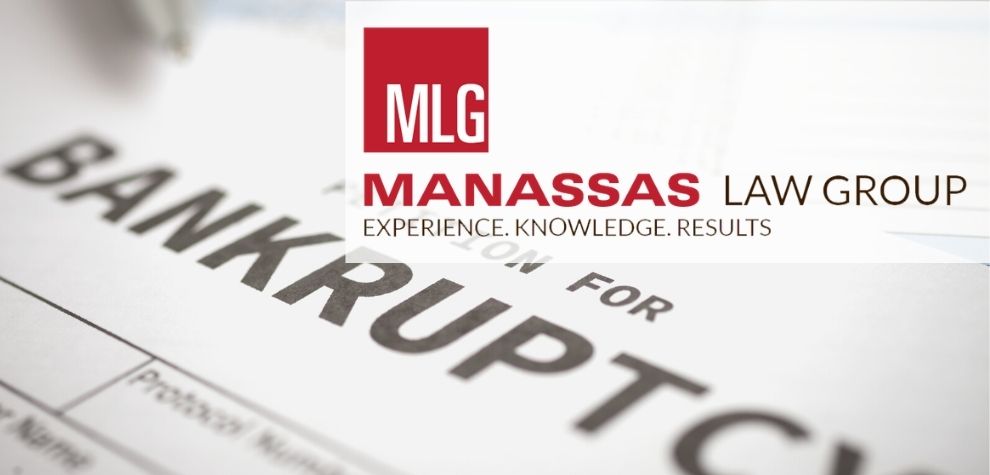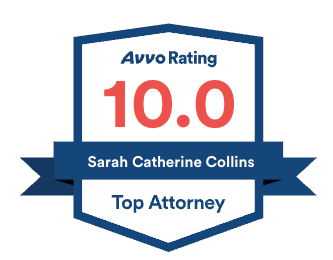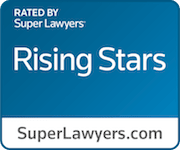Many people are surprised to hear that they can file for bankruptcy more than once. Some people even file for bankruptcy many times. There are so many misconceptions about bankruptcy. It’s a tricky subject full of technicalities. Nobody ever wants to find themselves needing to declare it. But for many people, it’s the best option. Sometimes, it will be the best course of action more than once. So just how often can you file for bankruptcy? We break down the specifics below.
The Manassas Law Group helps many people file for bankruptcy. If you are considering filing for bankruptcy or have questions about the process, you’ve found the right law firm.
When should you file for bankruptcy?
You should file for bankruptcy if you have:
- An overwhelming amount of debt.
- Creditors and bill collectors harassing you daily
- Missed mortgage payments with threats of foreclosure hanging over you
- Run out of options and can’t get ahead no matter what you do.
These are all signs that it might be time for you to file for bankruptcy in Virginia. However, this is still not a step to take lightly. It sometimes comes with a price. Filing for bankruptcy can harm your credit score in the long run. It might make it hard to borrow money or take out loans in the future. Additionally, it could dramatically increase the premiums you’ll need to pay for insurance. In some cases, it might affect your ability to get a job.
Even though it can help relieve some of your debts, filing bankruptcy should not be something you jump straight into. It should be a last resort. If you feel like you’ve already reached your last resort, the Manassas Law Group can help you. Our team makes this process as easy and as possible for you and your family. We want to help you get back on your feet. We will do whatever it takes to get you there.
What are the types of bankruptcy?
There are six types of bankruptcy. These are known as Chapters. They all have the goal of clearing debt. There are six Chapters of bankruptcy: Chapter 7, 9, 11, 12, 13, and 15. Here, we focus mostly on Chapter 7 and Chapter 13. This is because they are the most common for families and individuals. Before that, here is a brief summary of the other types of bankruptcy.
Chapter 9
This is a payment plan. It allows entities to reorganize and repay what they owe. Usually these types of entities are towns, cities, or school districts.
Chapter 11
Usually this type of bankruptcy is used to help reorganize a business or organization. The filing entity will need to produce a plan for their intentions to operate the company while still paying off their debt.
Chapter 12
This is specific to family farmers or fishermen. It allows them the opportunity to avoid selling assets or foreclosing on their property or home.
Chapter 15
This is for international issues. It allows foreign debtors access to bankruptcy courts in the United States.
Bankruptcy for families and individuals
Chapter 7 bankruptcy
This is the most common type of bankruptcy for individuals. It’s also known as liquidation or straight bankruptcy. It allows a trustee appointed by the court to administer the sale of your assets. Anything you own that is considered valuable could be sold to pay off your debts. The courts might excuse necessities like your house, car, or retirement accounts. But be warned that there is no guarantee.
After the trustee liquidates your assets, your other debts are forgiven. This will include things like medical and credit card bills. Things like student loans or taxes are not exempt. You will need to pay these off eventually.
This type of bankruptcy is only available to those whom the court decides cannot make enough money to return their debt. Eligibility is determined by a means test. The test takes into account your income versus the state average income. They compare the two and decide if you have enough income to pay back most or some of what you owe. If they determine that you do not have enough, you will qualify for this type of bankruptcy.
Chapter 7 bankruptcy does not stop the foreclosure. However, it can delay it. This process usually lasts between 3 and 6 months.
Chapter 13 bankruptcy
Chapter 13 restructures your debt, rather than forgiving it. It allows you to keep your assets and permits you some time to get caught up in repaying debts. Next, the court constructs payment plans. Usually they are monthly and allow you to pay back portions of your debt over a period of time. In addition to organizing your payment plans, the court also requires you to stick to a strict budget. They will check your spending to make sure you are keeping on track.
This type of bankruptcy is available to anyone with an unsecured debt below $250,000 and a secured debt below $750,000. You are required to be up to date on your tax filings. Chapter 13 might help stop a foreclosure. This is because it gives you more time and a plan for how to pay your housing bills. The process usually takes 3-5 years to complete.
How Many Times Can You File Bankruptcy?
The Chapter of bankruptcy you choose affects the amount of time in which you’re able to file again. There is no lifetime limit to how many times you can file. However, there is a limit on how often your debts can be discharged.
If you file Chapter 7, you must wait 8 years before filing again. It remains on your credit report for ten years. Chapter 13 bankruptcy remains on your report for seven years. You have to wait two years to file this type of bankruptcy again.
If you first file a Chapter 7, and want to file for Chapter 13, you must wait at least four years. In the opposite scenario (Chapter 13 to Chapter 7), there is a six year waiting period.
However, if you repay your debts completely during a Chapter 13 claim, you will be exempt from the waiting period. Courts sometimes waive waiting periods if you paid off at least 70% of your Chapter 13 claims.
Contact the Manassas Law Group
If you are considering filing for bankruptcy, trust the passionate, experienced attorneys at Manassas Law Group. You do not need to suffer in silence through the stress of debt pressure. Our firm combines a profound knowledge of bankruptcy law with aggressive legal strategy. We give each client individualized, compassionate service. Request a free consultation online or by calling 703-361-8246.















